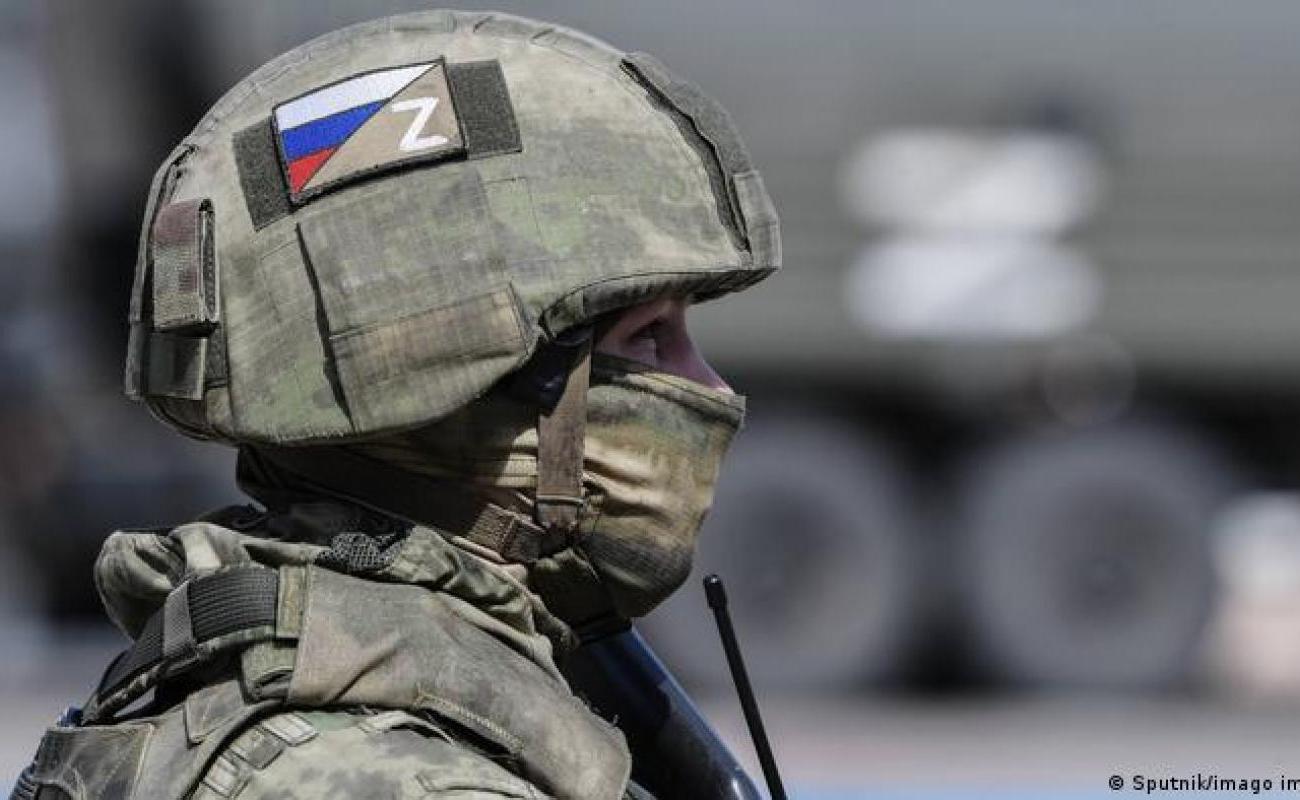How Russia is looking for volunteers for the war in Ukraine

The town of Volosovo near St. Petersburg is very noisy - thanks to the loudspeakers. As in many other cities of Russia, in Volosovo loudspeakers are placed on tall poles along the main street. They are traditionally used for patriotic music during national holidays. But now they have a different purpose.
"Two volunteer artillery battalions are being formed. We are calling for men between the ages of 18 and 60," echoes the loudspeaker.
This message is repeated throughout the vast country. On social media, on television and on billboards, men are being urged to sign short-term contracts to fight in Ukraine. Due to significant losses in the war in Ukraine, the Russian authorities began to look for volunteers.
I stop a man on the street in Volosovo and ask if he supports conscription.
"Yes! If I were young, I would go, but I'm too old," he tells me, clenching his fists. "We have to bomb them!"
But most people in town are less enthusiastic.
"War is too painful to even talk about," complains one woman. "It is wrong to kill your brothers."
I ask her how she would react if one of her relatives wanted her to go to war.
"Why go? They will only bring their bodies," she says.
And many bodies are still being brought.
Russia does not provide figures for its casualties, but Western officials say between 70,000 and 80,000 Russian soldiers have been killed or wounded since the invasion began six months ago.
To attract new recruits, the authorities offer volunteers huge sums of money, plots of land and even premium places for their children in Russian schools. Recruiters even visited Russian prisons to attract prisoners, promising them freedom and money.
Investigative journalist Roman Dobrohotov says the recruitment is a sign of the government's desperation: "These are not soldiers needed for a victorious war. The Kremlin still hopes that quantity can beat quality. That they can get these hundreds of thousands of desperate people who are in debt and just throw them into the zone conflict," says Dobrohotov.
Potential recruits are promised exorbitant sums - in some cases up to $5,700 a month. But Roman says the reality looks different.
"People don't really see this money," he says. "They are now returning from Ukraine and telling us journalists that they were deceived. This also affects the situation, the increased distrust in our government, so I don't think this strategy will be successful," says Dobrohotov.
But some gladly accept the offer.
Nina Čubarina's son Jevhen went from a village in the north of Karelia to a volunteer battalion. Nina says that her son, who had no military experience, was given a weapon and sent straight to Ukraine. Literally a few days later, he was killed. He was 24 years old.
Nina agrees to meet in a park near Moscow, where she has found a part-time job in a bakery. She says that the monotonous work of packing bread distracts her from thinking about the loss of her son. She remembers begging her son not to go to Ukraine.
"I tried to talk him out of it. I cried. I told him 'It's war, you're going to die.' He said: 'Mom, everything will be fine,'" remembers Nina.
Nina criticizes the way the government recruits volunteers for the war in Ukraine.
"They're just sending them out like stupid little fish! They've never held a gun before. They're cannon fodder," thinks Nina.
Not everyone goes to war as willingly as Yevhen.
Traveling through Russia, one does not get the impression that the Russian people fully support the "special operation", as the Kremlin likes to call the invasion of Ukraine. The number of cars on Russian roads with the pro-war symbol "Z" is relatively small. Experts say there are few volunteers.
Military analyst Pavlo Luzin says that people are not ready to make sacrifices for their president.
"The problem for the Kremlin is that the majority of Russians will not die for Putin or for the restoration of the 'great empire'. Recruitment is impossible in the current conditions, because there is no civil consensus on the war in Russia," says Luzin.
"Compare this with Ukraine. Ukrainians are ready to fight," he adds.
